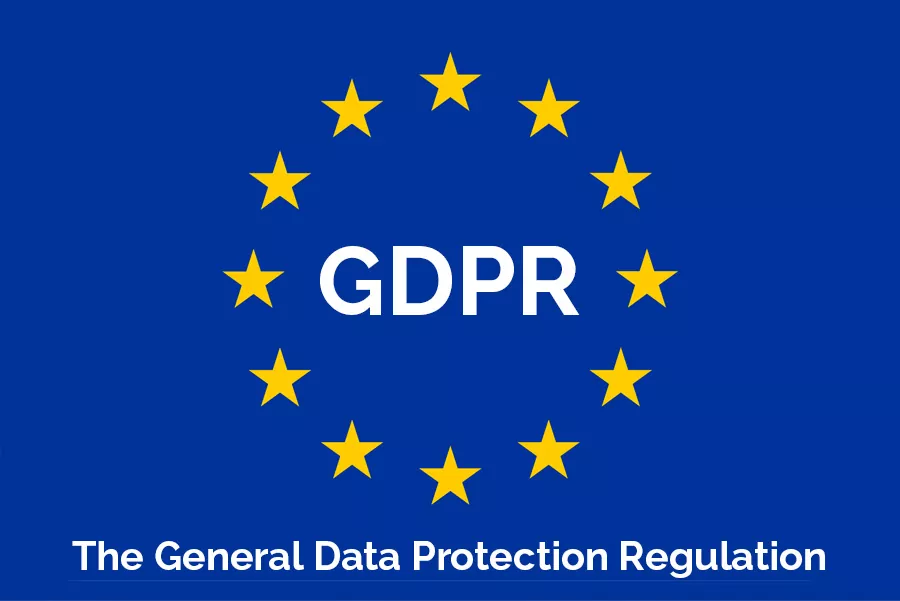As artificial intelligence (AI) continues to evolve and become more prevalent in our daily lives, there is a growing need for regulations to ensure that it is used ethically and responsibly. While some argue that over-regulation could stifle innovation, others believe that AI must be carefully monitored to prevent potential harm to society. In this article, we will discuss what regulation might look like for businesses in the near future and how it could impact their operations.
By the way, if you’re keen to dive deeper into securing consistent leads and top-quality appointments with prospects eager to converse with you, click here to watch a FREE, comprehensive training video detailing every step of the process.
At present, there is no overarching regulatory framework for AI. Instead, various countries and regions have taken different approaches to regulate AI. For example, the European Union (EU) has introduced the General Data Protection Regulation (GDPR), which provides guidelines for the collection, processing, and storage of personal data, including data collected by AI. The United States has not yet implemented any federal legislation specifically targeting AI, but several states have introduced bills to regulate AI use in areas such as employment, healthcare, and autonomous vehicles.

In recent years, there have been several proposals for regulation, and more will likely follow in the future. One proposal is the AI Act, which was introduced by the European Commission in 2021. The AI Act aims to establish a comprehensive regulatory framework for AI that would cover the entire AI lifecycle, from design to deployment. It would require companies to conduct risk assessments and provide transparency about how their AI systems work. It would also create a new regulatory body, the European Artificial Intelligence Board, to oversee AI regulation and enforcement.

Another proposal is the Algorithmic Accountability Act, which was introduced in the United States Congress in 2019. The Act would require companies to assess the potential impact of their AI systems on privacy, security, and fairness, and to address any negative impacts before deploying the system. It would also require companies to disclose when AI is being used to make decisions about individuals, and to provide explanations of how those decisions were made.
AI regulation could have a significant impact on businesses that use AI. Companies would need to ensure that their systems comply with the regulations, which could require additional resources and expertise. They would also need to be transparent about how their systems work and how they are being used, which could affect consumer trust and brand reputation. Additionally, companies may need to redesign or retrain their AI systems to comply with the regulations, which could result in additional costs and delays.
On the other hand, AI regulation could also benefit businesses by creating a level playing field and ensuring that competitors are held to the same standards. It could also help to build consumer trust by ensuring that AI is used ethically and responsibly. In the long term, AI regulation could help to promote innovation by providing clear guidelines and frameworks for AI development.
While some argue that over-regulation could stifle innovation, others believe that regulation is necessary to ensure that AI is used ethically and responsibly. The goal of regulation is not to prevent innovation, but rather to create a framework for responsible innovation. AI regulation could have a significant impact on businesses that use AI. Companies would need to ensure that their AI systems comply with the regulations, which could require more resources and expertise. They would also need to be transparent about how their AI systems work and how they are being used, which could affect consumer trust and brand reputation. Also, companies may need to redesign or retrain their AI systems to comply with the regulations, which could result in additional costs and delays.
Depending on the specific regulations and the jurisdiction, new regulatory bodies may be established to oversee AI regulation and enforcement. In other cases, existing regulatory bodies or government agencies may be responsible for enforcing the regulations. Businesses can prepare for regulation by staying informed about proposed regulations and guidelines, conducting risk assessments of their AI systems, and being transparent about how their AI systems work and how they are being used. Companies may also want to consider working with experts in AI regulation to ensure that they comply with the regulations.

In conclusion, AI regulation is becoming an increasingly important issue for businesses as the use of AI continues to grow. While there is currently no overarching regulatory framework for AI, proposals for AI regulation are being introduced in various countries and regions. AI regulation could have a significant impact on businesses that use AI, but it could also benefit them by promoting innovation and building consumer trust. As AI regulation continues to evolve, businesses will need to stay informed and take steps to ensure that they are in compliance with the regulations.






